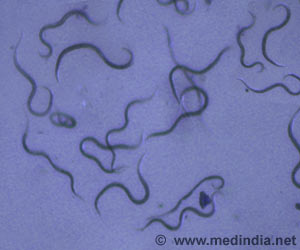A recent study has revealed that with proper outpatient care, patients with severe sepsis can avoid re-hospitalization.

About 1,115 severe sepsis survivors (42.6 percent) were re-hospitalized within 90 days, and the 10 most common readmission diagnoses following severe sepsis included several ACSCs (e.g., heart failure, pneumonia, chronic obstructive pulmonary disease exacerbation, urinary tract infection). Collectively, ACSCs accounted for 22% of 90-day re-admissions.
Re-admissions for a primary diagnosis of infection (sepsis, pneumonia, urinary tract, skin or soft tissue infection) occurred in 12% of severe sepsis survivors compared with 8% of matched acute medical conditions. Re-admissions for ACSCs were more common after severe sepsis (22%) vs matched acute conditions (19%) and accounted for a greater proportion of all 90-day re-admissions (42% vs 37%, respectively).
The authors wrote, "Further study is warranted to test the feasibility and potential benefit of post-discharge interventions tailored to patients’ personalized risk for a limited number of common conditions." The study is published in JAMA.
Source-Medindia
 MEDINDIA
MEDINDIA




 Email
Email




